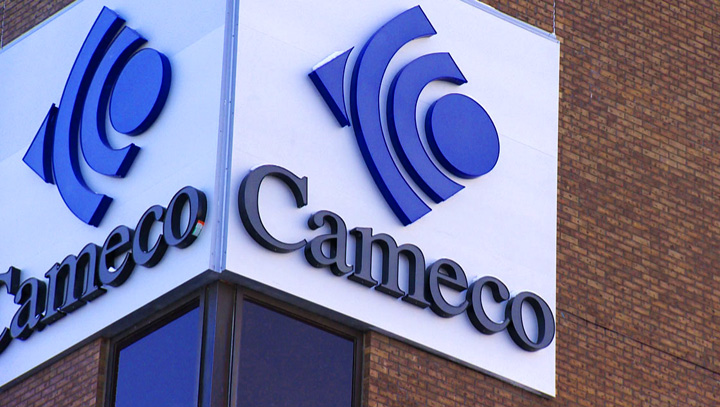SASKATOON – Saskatchewan Premier Brad Wall says he is concerned about a multimillion-dollar tax dispute between the Canada Revenue Agency and Saskatoon-based uranium giant Cameco.

The revenue agency argues Cameco (TSX:CCO) set up a subsidiary in Switzerland to avoid paying hundreds of millions of dollars in taxes in Canada.
The premier says he has asked his chief of staff to contact Cameco to relay the province’s concern.
Wall says individuals and businesses need to pay their taxes, but wouldn’t estimate how much money is at stake for Saskatchewan.
The federal government collects taxes and then gives provinces their share.

Get weekly money news
Cameco says it hasn’t done anything wrong and estimates it could end up owing as much as $850 million in Canadian corporate taxes if it loses the case.
“They’re taxes that the people of this province deserve to have, if that’s the finding,” Wall said Tuesday. “You know, you bet I’m concerned about it.”
At issue is a deal Cameco made in 1999 to sell uranium to its wholly-owned Swiss subsidiary, Cameco Europe Ltd.
Uranium prices were much lower at that time.
The allegation is that Cameco Europe then sold the uranium for more and recorded the profits in Switzerland, where the taxes are lower.
Cameco has said for the years 2003 through 2007, the Canada Revenue Agency issued notices of reassessment for about $1.3 billion of additional income for Canadian tax purposes.
The company said in May that the total reassessment for 2003 to 2012 could be about $4.9 billion in taxable income, which would result in a related tax expense of approximately $1.4 billion.
It said cash taxes payable would be between $800 million and $850 million.
Cameco said it set up the offshore marketing subsidiary because most of its customers are located outside Canada.
However, most of its mines are in northern Saskatchewan. The province is one of the world’s largest uranium producers.
The case is expected to go to trial next fall, with a court decision expected in 2015.







Comments